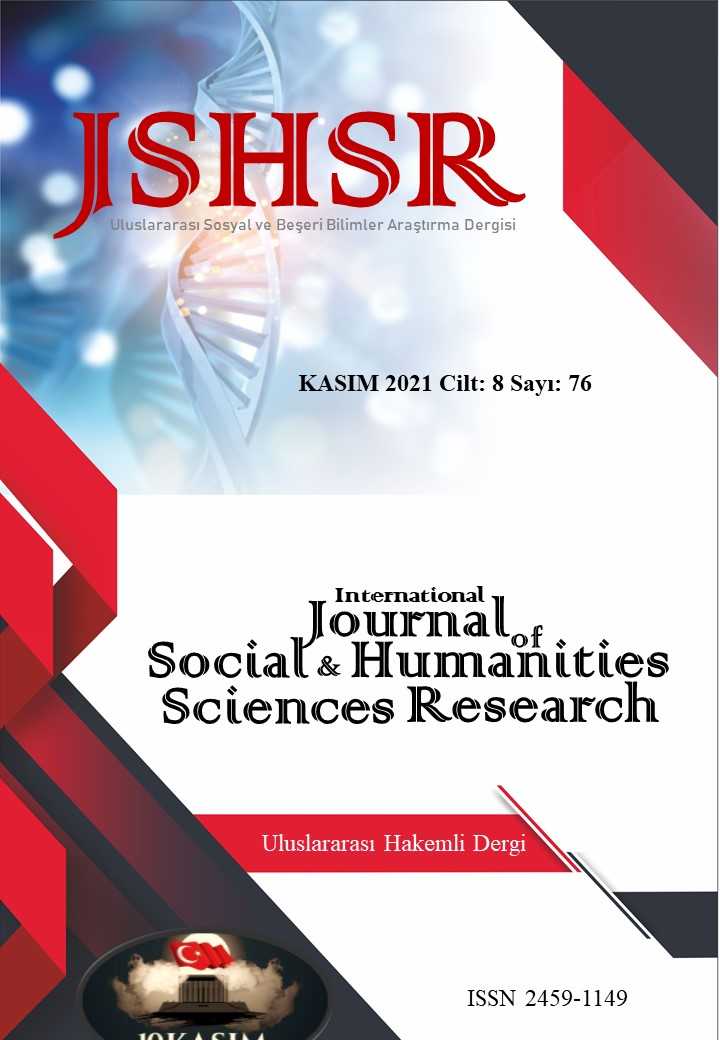THE MEDIATION EFFECT OF UNCONDITIONAL SELF-ACCEPTANCE ON THE RELATIONSHIP BETWEEN SPECIFIC EARLY MALADAPTIVE SCHEMA DOMAINS AND PSYCHOSOMATIC SYMPTOMS IN A SAMPLE OF WOMEN
DOI:
https://doi.org/10.26450/jshsr.2650Keywords:
Early maladaptive schemas, Unconditional self-acceptance, Psychosomatic symptoms, Women, Schema therapyAbstract
Psychosomatic symptoms are physical symptoms that are psychological in origin, more commonly seen in women, and inflicting 20% of patients worldwide irrespective of culture or system of healthcare. Their treatment depending on psychological methods more so than medical ones, the present study aimed to further research in this area by evaluating two psychological concepts that have been associated with psychosomatic symptoms: early maladaptive schemas (EMSs) and unconditional self-acceptance, via a mediation model with unconditional self-acceptance as the mediator variable. Unconditional self-acceptance being noted as a significant mediator in this model previously, findings of the present study could increase the generalizability of this model, as suggested by the authors of the study. At the same time, this will be the first study in which unconditional self-acceptance is investigated as a mediator in the relationship between specific EMS domains and psychosomatic symptoms. The study was conducted with 149 women (Mean age = 33.63 ± 11.25), who completed a sociodemographic questionnaire, Young Schema Questionnaire – Short Form 3, Unconditional Self-Acceptance Questionnaire and Brief Symptom Inventory via an online survey. As had been hypothesized, results demonstrated that from among all EMS domains, the domains of Disconnection and Rejection and Impaired Autonomy and Performance were the strongest predictors of psychosomatic symptoms. However, contrary to expectations of the present study, unconditional self-acceptance was not a mediator in this relationship. Reasons to why unconditional self-acceptance may not have been a mediator in the sample of the present study, in addition to the therapeutic implications of the findings in the treatment of psychosomatic symptoms are discussed. Future studies are necessary to understand the significance of unconditional self-acceptance in terms of EMSs and psychosomatic symptoms
Downloads
Published
How to Cite
Issue
Section
License
Copyright (c) 2021 INTERNATIONAL JOURNAL OF SOCIAL HUMANITIES SCIENCES RESEARCH

This work is licensed under a Creative Commons Attribution 4.0 International License.


